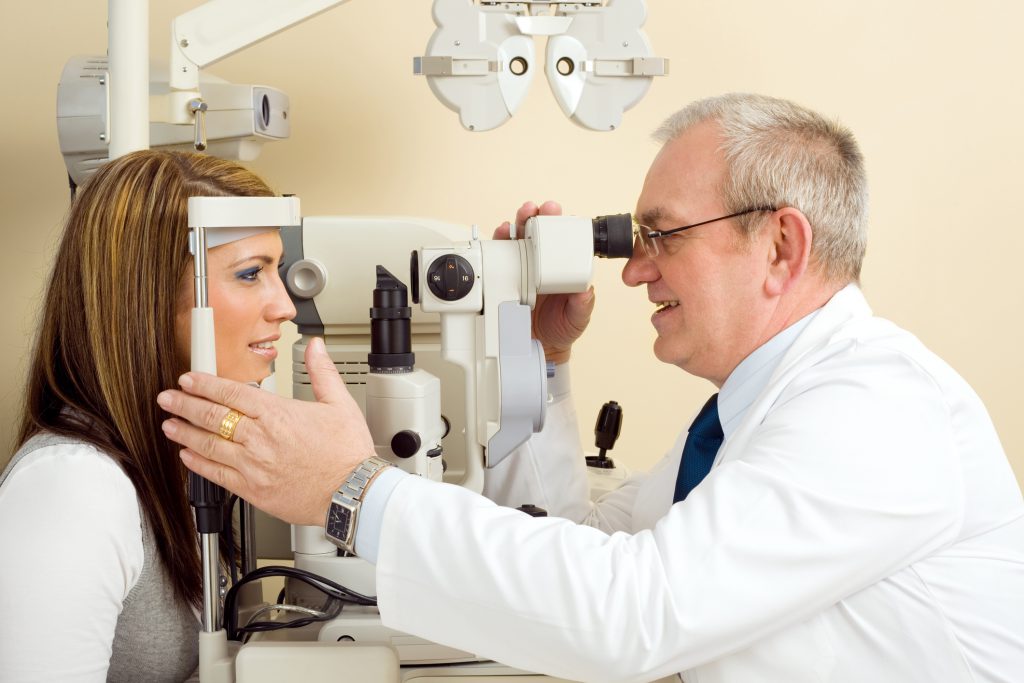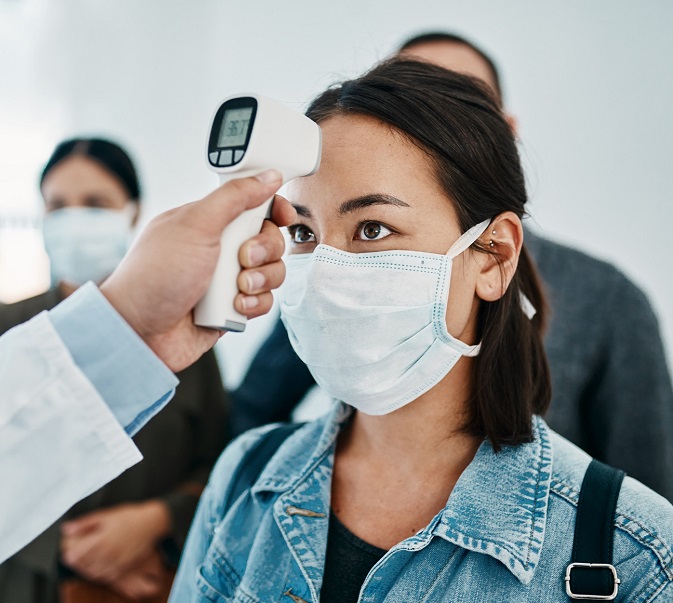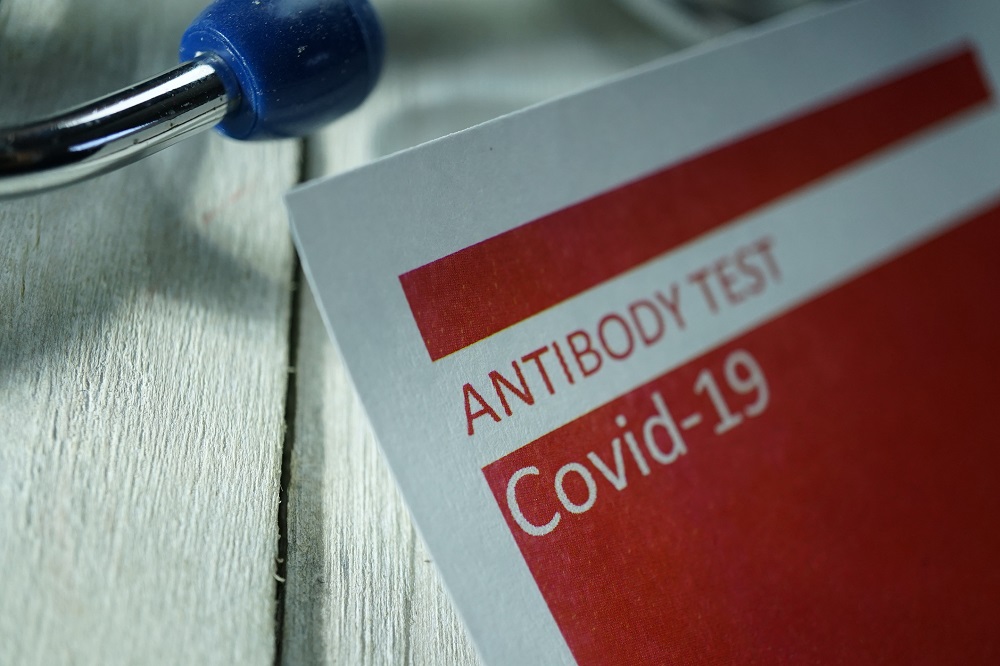 Summertime heat affects everyone, but for people who suffer from heart disease, it can be life threatening. Activities that are performed when the weather is mild may not have much risk associated with them but once the temperature rises they can lead to heat exhaustion and heat stroke. People with heart disease are very susceptible to extreme weather conditions.
Summertime heat affects everyone, but for people who suffer from heart disease, it can be life threatening. Activities that are performed when the weather is mild may not have much risk associated with them but once the temperature rises they can lead to heat exhaustion and heat stroke. People with heart disease are very susceptible to extreme weather conditions.
When we are exposed to the heat, our bodies respond by sweating, which is the body’s way to maintain a normal temperature. . Heat as well as the body’s response to it, leads to enlarged blood vessels, lower blood pressure and higher heart rate. This combination can cause people with heart problems to serious problems due to the stress on the cardiovascular system. If the heart is already weakened it may not be able to pump blood effectively and keep the blood pressure at a high enough level. This can lead to an overheating of the body. Some medications that are prescribed for heart patients also lower the heart rate, which can be compounded during the hot weather.
Some helpful tips for people with heart disease in the hot weather are:
- Stay out of the heat during the middle of the day
- Wear clothing that is loose fitting and light
- Do not perform strenuous activities in hot weather
- Keep hydrated and avoid alcohol and caffeine.
- Stay indoors in an air conditioned environment
Discuss with your physician ways to stay healthy during the hot summer months. If you would like to schedule an appointment with a cardiologist at Jamaica Hospital, please call 718-206-6742.
Jamaica Hospital Medical Center has reopened many of its healthcare services. To learn about the safety measures the hospital has taken to protect your health, please visit https://jamaicahospital.org/to-our-patients/
All content of this newsletter is intended for general information purposes only and is not intended or implied to be a substitute for professional medical advice, diagnosis or treatment. Please consult a medical professional before adopting any of the suggestions on this page. You must never disregard professional medical advice or delay seeking medical treatment based upon any content of this newsletter. PROMPTLY CONSULT YOUR PHYSICIAN OR CALL 911 IF YOU BELIEVE YOU HAVE A MEDICAL EMERGENCY.






